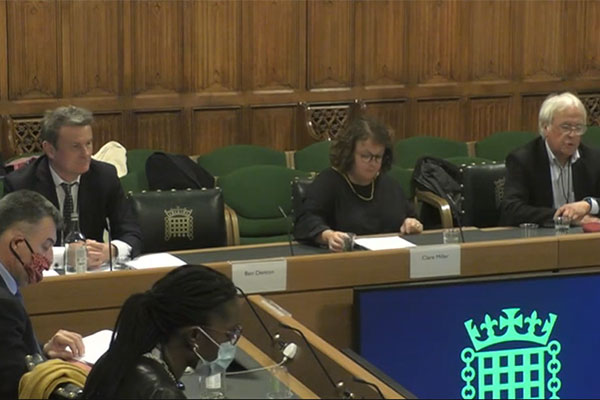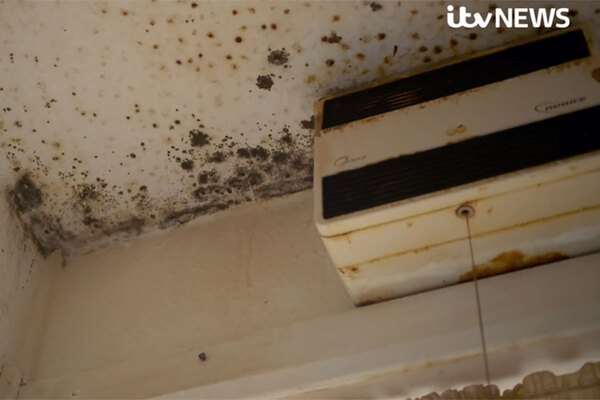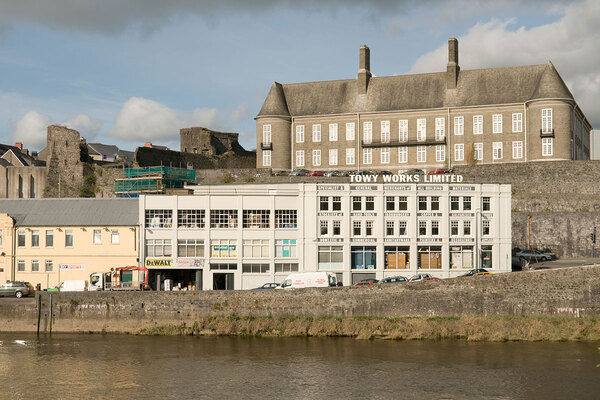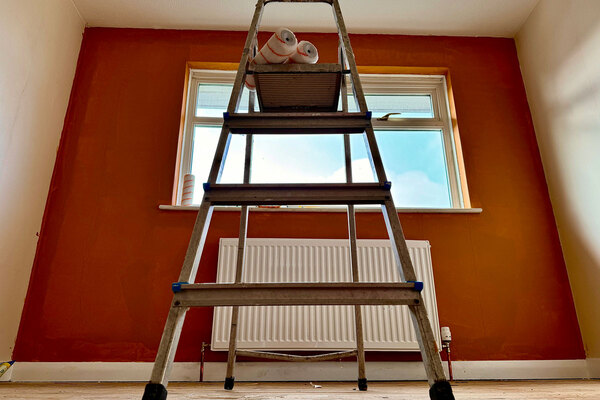You are viewing 1 of your 1 free articles
Clarion CEO ‘ashamed’ of conditions on south London estate
The chief executive of the largest housing association in the UK has said she is “ashamed” of the poor conditions on a south London estate that were exposed by the media last year.

Yesterday Clare Miller fielded questions from MPs sitting on the Levelling Up, Housing and Communities (LUHC) Committee about what went wrong on the Eastfields Estate, where ITV News uncovered conditions including widespread disrepair, black mould and vermin.
Ms Miller said she is “ashamed” by the exposé and is “determined to put that right”, but insisted that Clarion “absolutely runs a repair service that responds to its residents”.
She blamed the conditions at the Eastfields Estate on the fact that Clarion had inherited the homes as part of a stock transfer from Merton Council and that the entire development was earmarked for regeneration.
As a result, Clarion “made the decision not to continue with our planned replacement of components in our residents’ homes” and therefore “missed some of the deterioration in those homes”, Ms Miller said.
She said all the “immediate repair work” has now been done on the estate, but admitted that some more work is needed in connection to the building’s communal roof.
When asked whether she is happy with the conditions on the estate now, Ms Miller said: “I am happy that we are doing all we can to intervene on an estate at the end of its life”.
In September last year the delayed regeneration of the Eastfields Estate restarted following a cash injection from Merton Council.
Ms Miller was being grilled by MPs as part of the LUHC Committee’s investigation into the regulation of social housing.
During two separate hearings yesterday, representatives from landlords and tenant groups were asked about their opinions on the proposals in last year’s Social Housing White Paper, which will soon become law as part of the Social Housing Regulation Bill.
Suzanne Muna from the Social Housing Action Campaign was critical of the new tenant satisfaction measures being introduced by the Regulator of Social Housing.
“Any of our members that we’ve talked to have just shrugged their shoulders and said ‘how will this help me?’ I can’t say that empowers tenants in any way,” she said.
Ben Denton, managing director of for-profit housing provider L&G Affordable Homes, said that his organisation “welcomes” the white paper, but that it “could have gone further in relation to putting customer service at the centre of everything that exists in the affordable housing sector”.
Mr Denton was also asked by MPs whether, given the growth of for-profit housing associations, we should be concerned about profit being put ahead of social good.
In response, Mr Denton said: “There’s a really strong regulatory framework that we subscribe to. At the end of the day we are putting society’s pension fund capital into these buildings and so we’ve got to make sure that we are representing the tenants and the long-term investors in the strongest possible way.”
When asked about the commercialisation of housing associations, Ms Miller said “the only reason” Clarion builds market products “is because there is insufficient grant in order to be able to fund the programmes of work that we would want to do”.
She outlined how Clarion’s development ambitions have taken a hit from fire safety costs, explaining that the 125,000-home landlord will build around 1,800 fewer homes due to a projected fire safety spend of £150m over the next five years in addition to the £27m it is spending this year.
Sign up for our asset management newsletter
Already have an account? Click here to manage your newsletters











